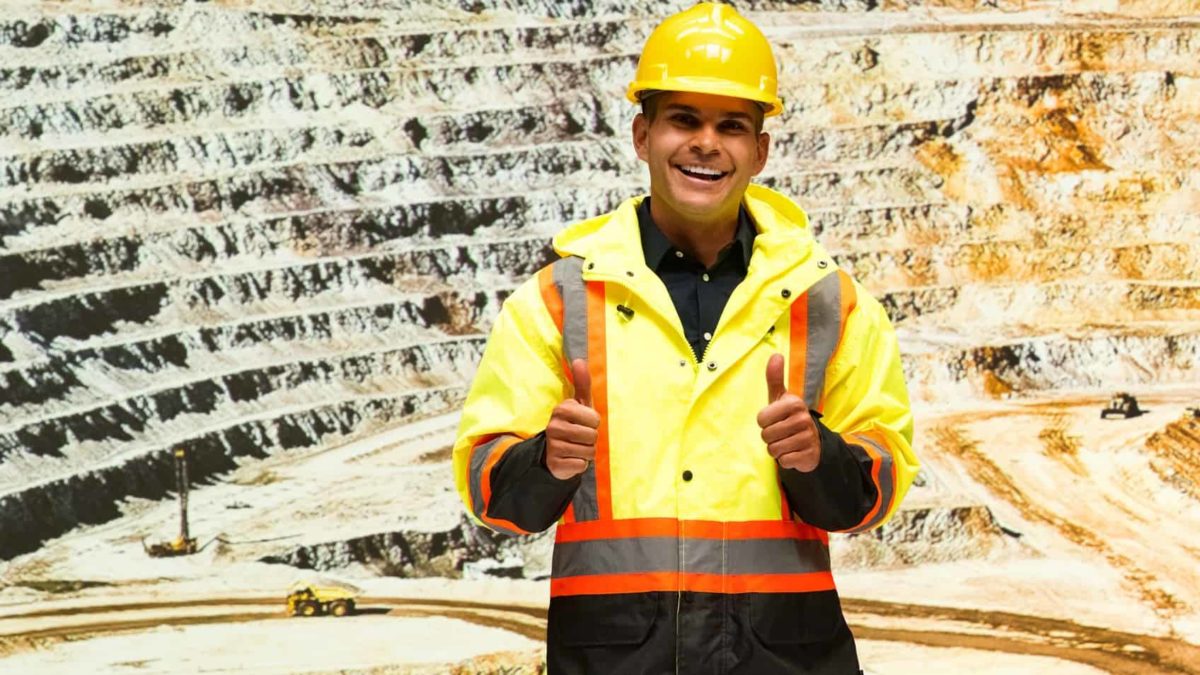The BHP Group Ltd (ASX: BHP) share price has seen plenty of volatility over the past five years. There have been big changes in iron ore earnings amid changes in demand from China, which affected the iron ore price.
The iron ore price is drifting towards US$100 per tonne after being above US$120 per tonne for quite a lot of 2023.
BHP does have exposure to other commodities, including coal, copper and nickel. Management has recently increased the company's exposure to the decarbonisation commodities of copper and nickel after completing the acquisition of OZ Minerals.
Why does BHP want more exposure to copper (and nickel)?
BHP CEO Mike Henry said:
This acquisition strengthens BHP's portfolio in copper and nickel and is in line with our strategy to meet increasing demand for the critical minerals needed for electric vehicles, wind turbines and solar panels to support the energy transition.
Combining our two organisations will provide options for growth, bring new talent and innovation to unlock these resources in a sustainable way, and deliver value to shareholders and communities.
He went on to say that BHP can "establish a copper province in South Australia" with the Olympic Dam, Prominent Hill and Carrapateena assets.
BHP chief operating officer Edgar Basto said that South Australia has the potential to be a "major supplier of copper to meet the world's increasing demand for copper".
How much is demand going to grow?
There are various projections out there, but things are looking positive for copper, which could help the BHP share price.
As reported by CNBC, copper could go through a "generational shift in demand as decarbonisation ramps up", according to BNY Mellon lead portfolio manager Al Chu. The fund manager said:
Copper typically is used as a construction metal for wiring for building, wiring for machinery and what not, but if we look at the decarbonisation net zero energy transition trend, copper is the new oil.
Is it solar power, is it wind, is it EVs, is it any form of renewable energy? Every renewable energy pretty much needs copper, because if you're talking about electrifying something and transmitting electricity, you need copper.
No straight line
Part of the problem, according to Chu, is that there has been a decline in the grade/quality of copper over the past 20 years. It also takes a long time to bring a new copper mining project online. Chu went on to say:
A lot of these reserves and deposits are found in very, very hard places to produce – Congo, Inner Mongolia – these are not in very developed regions where you say 'oh it's really easy, let's build a mega-mine.
When you look at the long-term secular story, you can just see strong demand. A lot of people focus on lithium as the kind of energy transition metal, but I think we should be much more focused on copper, because I think that is the real pinch point, the real choke point for the energy transition story.
But there's only so much those markets can do because the incremental demand from renewables isn't a small bump up in demand, it's almost a multiyear tsunami of demand coming through that we're not thinking about, so it's going to be all hands on deck but absolutely, the price has to go up.
He thinks that the copper price will keep rising until "it incentivises much larger exploration cycles or a ramp-up of secondary markets and copper recycling."
While demand for copper may not go up in a straight line, this could be a promising development for BHP's copper division.
BHP share price snapshot
Since the start of 2023, BHP shares are down by 1.7%.









